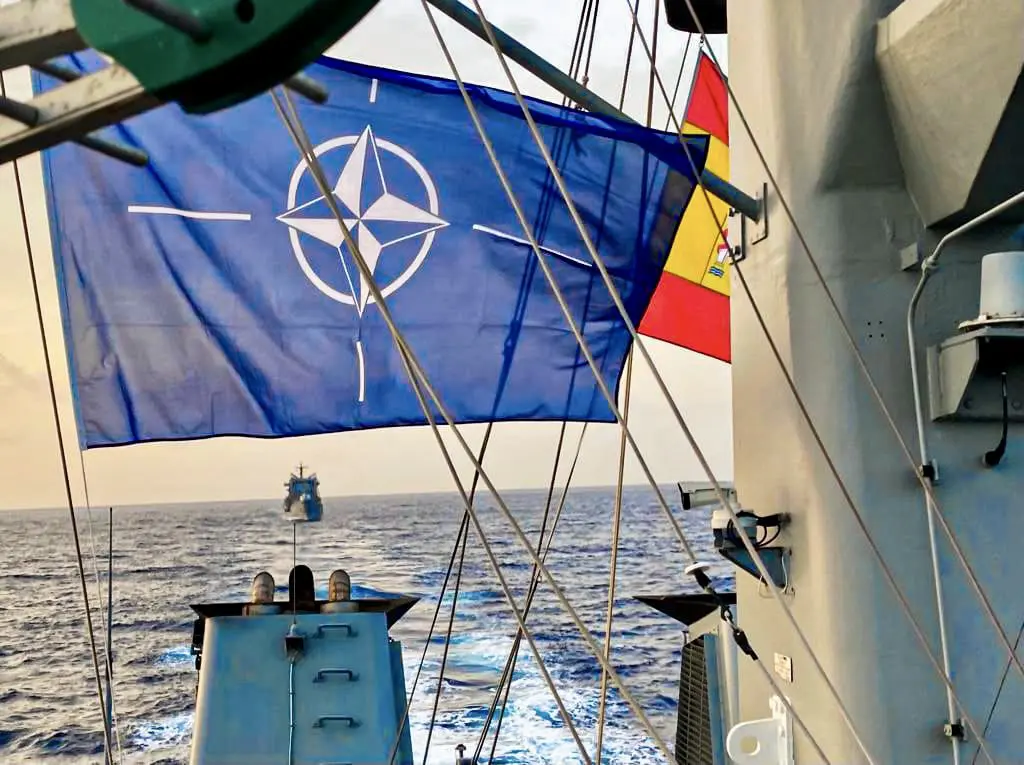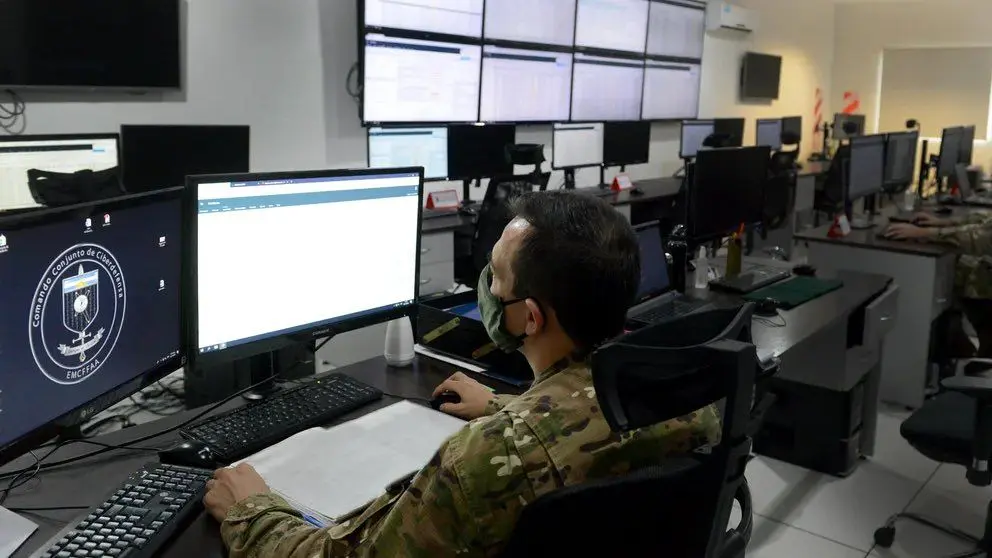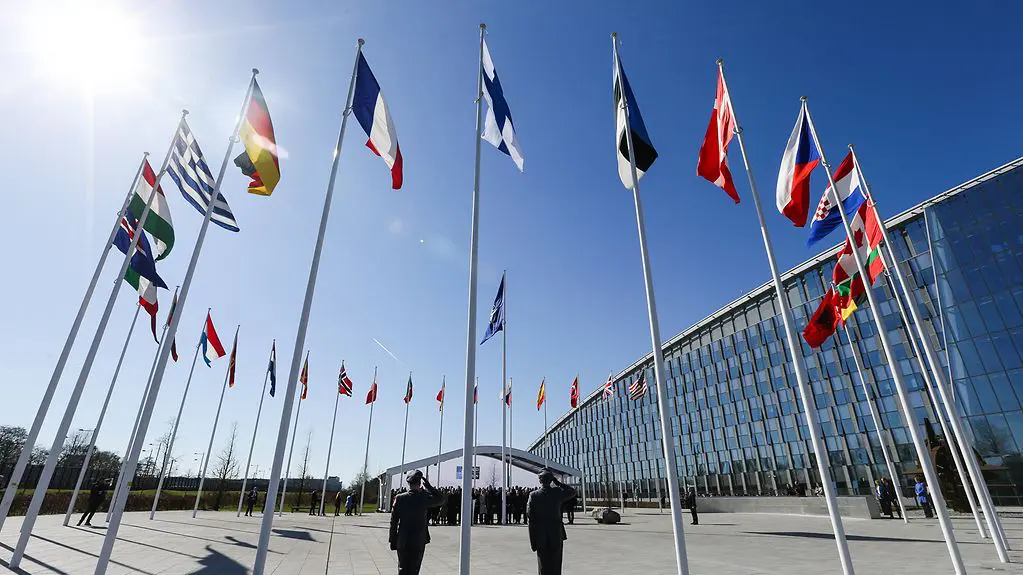Recently, Argentina has expressed its interest in strengthening its ties with the North Atlantic Treaty Organization (NATO), aiming to become a global partner of it. This initiative, driven by changes in Argentine politics and emerging security challenges, raises questions about the impact and possibilities that this partnership could offer for both Argentina and NATO.

The main question is what we can expect from the idea of Argentina as a global partner of NATO, examining the political, military, and strategic implications of this proposal, as well as the potential benefits and challenges it could entail for both parties.
First and foremost, it should be emphasized that the proposal from the Ministry of Defense aligns with the foreign policy of the presidency, which would have an impact on the Argentine military instrument and, consequently, a political-military relationship.
In this regard, the possibility of being considered by the North Atlantic Treaty Organization as a global partner would bring about increased participation in peacekeeping missions, where Argentina currently participates, but it would also strengthen the link in terms of collective security, ensuring a united front of nations to guarantee peace.

On the other hand, one could consider supporting surveillance and control of maritime areas, an aspect where Argentina has significant control but which is not entirely effective in terms of the availability of aerial and maritime assets held by the Argentine Navy and the Naval Prefecture. In this context, it is worth noting that the maritime presence and competition of China in both the Pacific and South Atlantic Oceans should be taken into account, which could lead to an exchange of information and/or support in issues of illegal fishing and maritime domain control.
One of the key aspects of Argentina’s proposal as a global partner of NATO focuses on the modernization and training of its Armed Forces to meet the standards and procedures established by NATO. This initiative seeks not only to strengthen Argentina’s military capabilities but also to facilitate interoperability and cooperation with NATO allied forces in joint operations.
In this sense, a series of actions are envisaged aimed at aligning the structures, procedures, and doctrines of the Argentine Armed Forces with those of NATO. This involves reviewing and updating training and operational protocols, as well as incorporating modern technologies and tactics used by NATO allied forces.

Thank you for that, it could promote greater contacts and collaborations between Argentine forces and those of NATO, including joint military exercises, exchange of experiences, and specialized training. These activities will not only allow the Argentine Armed Forces to familiarize themselves with NATO standards and practices but also adapt and improve their own capabilities based on contemporary needs and challenges.
Other areas that could be considered go hand in hand with cyber defense, a relevant aspect that the Armed Forces have been working on in recent years and that marks one of the first lines of defense. In this sense, a more solid policy, strengthening and improving critical systems and infrastructure could be expected, as well as support and advice from technical teams.
Finally, as a global partner of NATO, support and greater coordination in the field of defense could be expected regarding disinformation, especially in the context of geopolitical struggles, the media, and their impact on defense structures. This collaboration could include joint strategies to counter disinformation and protect the integrity of military and security operations.
You may also like: After the purchase of the F-16s, these are the reequipment projects for the Argentine Armed Forces awaiting definition















Para que un nuevo miembro sea aceptado por la OTAN debe haber 100 de concenso entre los socios actuales; a SUECIA le costó años por la oposición férrea de TURQUIA. ¿Alguien puede pensar que Gran Bretaña daría su aprobación?